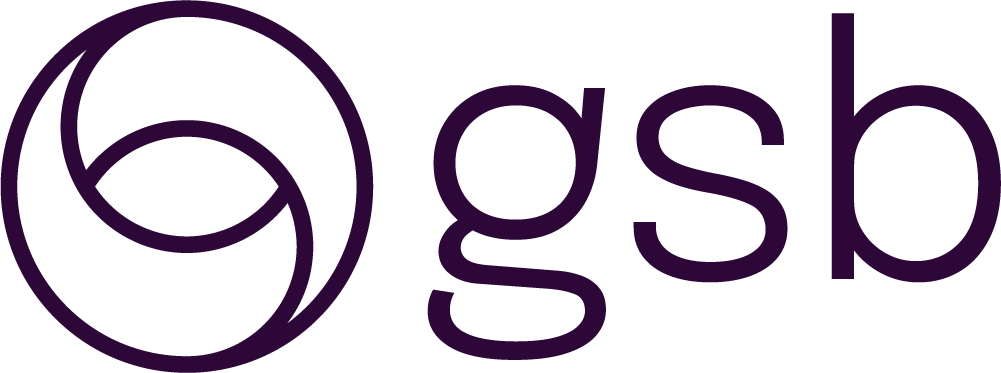

GSB Capital

Dubai, United Arab Emirates
June 2024
Investment advising
Service with Minor Environmental Footprint
United Arab Emirates,
United Kingdom
GSB is a wealth and financial planning leader dedicated to guiding and navigating clients in the jurisdictions in which we operate. Holding CISI Chartered FirmTM status, GSB specialises in financial planning, wealth management, private client structuring, multi-family office and a capital markets proposition encompassing private equity, venture capital, M&A, pre-listing funding, IPO, corporate finance, corporate advisory and private fundraising. Our holistic approach ensures comprehensive and effective management of our clients' financial lives. GSB is regulated by the Dubai Financial Services Authority (DFSA) in the United Arab Emirates and the Financial Conduct Authority (FCA) in the United Kingdom. At GSB, we believe that human prosperity depends on unwavering clarity, consciousness, and commitment to personal, societal, environmental, and financial well-being. We provide opportunities for all stakeholders to grow and prosper through sound, conscious investment strategy and informed intelligence.
Overall B Impact Score
Governance 20.3
Governance evaluates a company's overall mission, engagement around its social/environmental impact, ethics, and transparency. This section also evaluates the ability of a company to protect their mission and formally consider stakeholders in decision making through their corporate structure (e.g. benefit corporation) or corporate governing documents.
What is this? A company with an Impact Business Model is intentionally designed to create a specific positive outcome for one of its stakeholders - such as workers, community, environment, or customers.
Workers 33.8
Workers evaluates a company’s contributions to its employees’ financial security, health & safety, wellness, career development, and engagement & satisfaction. In addition, this section recognizes business models designed to benefit workers, such as companies that are at least 40% owned by non-executive employees and those that have workforce development programs to support individuals with barriers to employment.
Community 25.9
Community evaluates a company’s engagement with and impact on the communities in which it operates, hires from, and sources from. Topics include diversity, equity & inclusion, economic impact, civic engagement, charitable giving, and supply chain management. In addition, this section recognizes business models that are designed to address specific community-oriented problems, such as poverty alleviation through fair trade sourcing or distribution via microenterprises, producer cooperative models, locally focused economic development, and formal charitable giving commitments.
Environment 4.1
Environment evaluates a company’s overall environmental management practices as well as its impact on the air, climate, water, land, and biodiversity. This includes the direct impact of a company’s operations and, when applicable its supply chain and distribution channels. This section also recognizes companies with environmentally innovative production processes and those that sell products or services that have a positive environmental impact. Some examples might include products and services that create renewable energy, reduce consumption or waste, conserve land or wildlife, provide less toxic alternatives to the market, or educate people about environmental problems.
Customers 3.3
Customers evaluates a company’s stewardship of its customers through the quality of its products and services, ethical marketing, data privacy and security, and feedback channels. In addition, this section recognizes products or services that are designed to address a particular social problem for or through its customers, such as health or educational products, arts & media products, serving underserved customers/clients, and services that improve the social impact of other businesses or organizations.